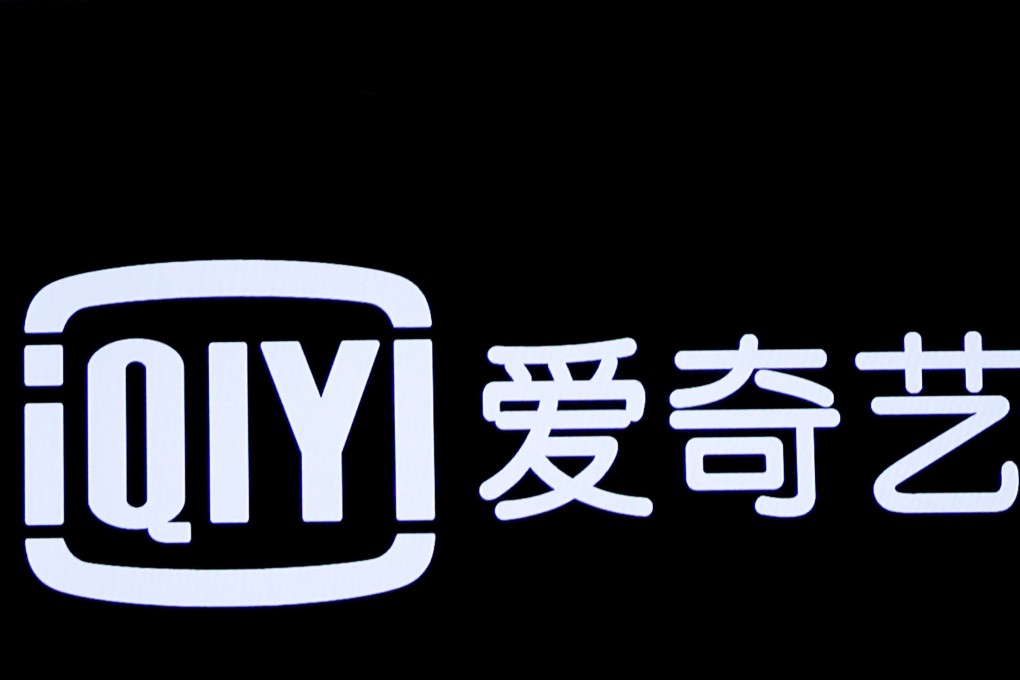Advertisement
Tencent aims to become biggest shareholder of video streaming rival iQiyi, sources say
- Chinese social media and gaming leader Tencent has approached iQiyi’s 56.2 per cent owner Baidu to buy a stake of as-yet undetermined size, a source says
- It is not immediately clear whether Tencent has approached iQiyi or what the full nature of any cooperation would entail
Reading Time:2 minutes
Why you can trust SCMP
0

Tencent Holdings aims to become the biggest shareholder in video streaming rival iQiyi, said two people familiar with the matter, to lower costs and counter competition in a sector boosted by stay-at-home virus policies.
The Chinese social media and gaming leader has approached iQiyi’s 56.2 per cent owner Baidu to buy a stake of as-yet undetermined size, one of the people said. It was not immediately clear whether Tencent has approached iQiyi or what the full nature of any cooperation would entail.
“A tie-up would improve their bargaining power when producing and purchasing content, and lower marketing costs that would otherwise be spent on grabbing users from each other,” the person said.
Plans are at an early stage and subject to change, said the people on condition of anonymity as the information was private.
Nasdaq-listed iQiyi, popularly considered China’s equivalent to Netflix, has a market capitalisation of US$14 billion. Shareholder voting power is 92.7 per cent controlled by Baidu.
Search engine firm Baidu, iQiyi and Tencent declined to comment.
Advertisement
Select Voice
Choose your listening speed
Get through articles 2x faster
1.25x
250 WPM
Slow
Average
Fast
1.25x